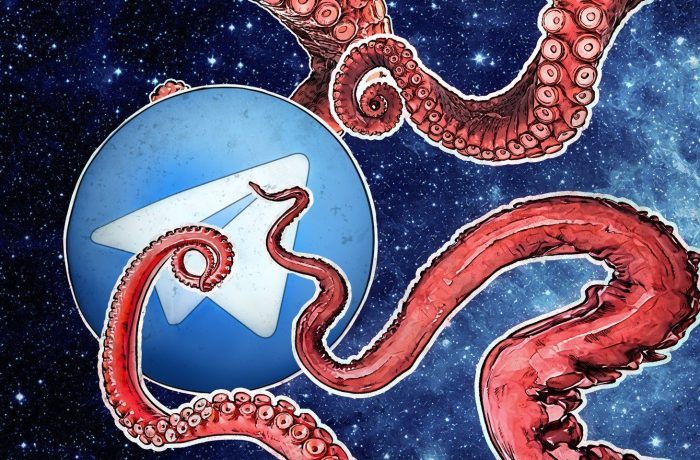
phishing
253 articles



We’re not going on a summer holiday
Fake airline giveaways won’t win you a ticket, but they might steal your data.

A wave of Telegram hacks hits: How to protect your account
Avoid the phishing bait and protect your Telegram account

Looking at the financial cyberthreats of 2017 through a business lens
Our experts analyzed last year’s financial cyberthreats, and here is their report

Phishing for cryptocurrencies: How bitcoins are stolen
If someone offers cryptocurrency for nothing, remember the only free cheese is in a mousetrap. Here’s what’s really going on.

Game over? It’s up to your password
People put a lot of time, effort, and money into the online games they love. And yet many of them don’t bother to protect their gaming accounts properly.

HTTPS doesn’t mean safe
Many people assume that an HTTPS connection means that the site is secure. In fact, HTTPS is increasingly being used by malicious sites, especially phishing ones.


Staying safe in 2018 and beyond
Living online is more comfortable than ever — do you really still need a helmet?

No, you have not won two free airline tickets
Facebook has been crawling with reposts that claim to be giving away thousands of free airline tickets. We uncover the truth.

Exploits are everywhere — is your business safe?
The threat landscape is always evolving. How can you protect your business?

Booby trapped app: The amazing world of Tinder bots
It turns out there are bots in Tinder and OkCupid. Who wants that?

It’s tax scam time
Many people now do their taxes online, and cybercriminals see that as a huge opportunity to make money with phishing schemes.

World of Warcraft pet scam
A phishing scam to try and get you to hand over your battle.net account details is offering a free pet. There’s no free pet.

Cybersecurity in financial institutions 2016 — and what 2017 holds
As our research shows, the actual costs of a cybersecurity incident to a financial institution can add up to as much as $926,000.

Can you spot fraudsters online?
Find out if you can avoid traps set by fraudsters for Black Friday sales.

Black Friday Survival Guide
Cybercriminals consider Black Friday and Cyber Monday a great time to steal your money. Here are a few tips on how to stay safe and still have fun.

Trending cyberthreats at the Olympic Games
How to keep your money and data safe during the 2016 Olympics: All of the risks you need to know about, in one post.

How to pay for the Olympics and never get your tickets (or your money back)
So you just paid for tickets to the Olympics, and now you’re planning your trip to Rio de Janeiro? Check that ticket twice: you may have been scammed.
 phishing
phishing steam
steam threats
threats finance
finance bitcoin
bitcoin
 retail
retail exploits
exploits